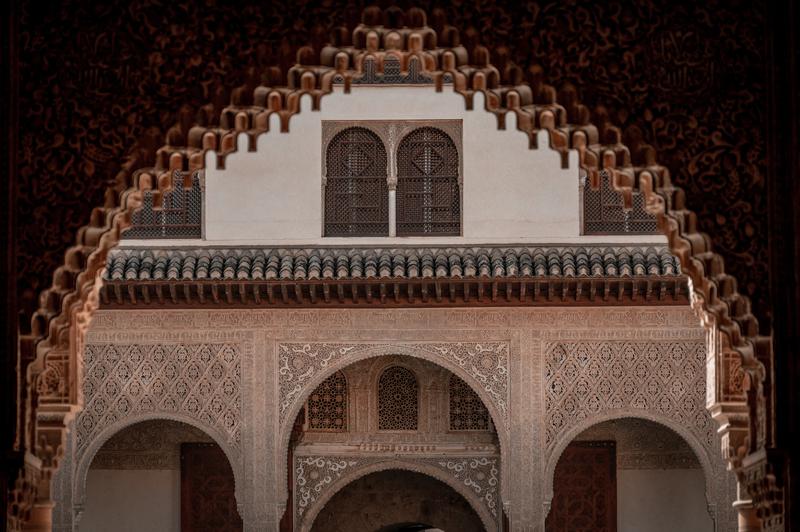Shira Haus
Image by Zekai Zhu from Pexels
Shira Haus is a writer from Michigan. Her work has been published in places such as Honey Literary, The Oakland Arts Review, Jenny Magazine, The Albion Review, Capsule Stories Magazine, Antithesis Journal, and Black Spot Books, among others. She is the senior editor of The Allegheny Review. You can find her on Twitter at @shira_leah and on Instagram at @shirahaus.
The Salt Histories
Think of cut glass. Imagine the trails of hewn salt
that snake through a city in Jordan named for the dried
and glittering paths. As-Salt, or Al-Salt. Ponder that,
what makes a name a name.
In Spanish, al signifies a forward
motion. To the. A village walking to the salt,
sifting it from the soil with their hands. Centuries ago,
North African forces invaded Spain,
marching towards the pomegranate trees in Granada
and naming the distant city for this sunrise fruit.
But in Arabic, the word might have been gharnāṭa. A hill.
Two sets of strangers spitting pomegranate seeds
and adding the to the beginning of every name.
There are two beginnings for the little city in Jordan,
one written and one spoken. In English the meaning
itself shifts: a town comparing itself to salt,
or a town that has surrendered completely.
Draw the words in the crystal sea, move
the grains towards you with your fingers.
When salt dries, it sucks the moisture
from whatever surface it has found.
That’s why salt is an easy remedy for slugs,
why chefs use it liberally atop fried snails.
What enhances flavor can take life away.
In large quantities, salt kills. It overwhelms
the blood, ruins a good cut of meat.
The British murdered for salt in India, unable
to contain the long line of bodies marching
to the sea. Scoop up handfuls, as much
as you can carry. Stuff it into your pocket.
Salt will not kill you unless you let it.
Every cell of the human body contains
the molecules. Every country in the history of the world
has been invaded. Name what kills you,
learn its language, surrender if you have to.
Sprinkle salt into your new favorite dish.
Taste its jagged edges melting into language.
__________________________________________________________________________________________________________________________________________________________________________
__________________________________________________________________________________________________________________________________________________________________________
__________________________________________________________________________________________________________________________________________________________________________
__________________________________________________________________________________________________________________________________________________________________________
__________________________________________________________________________________________________________________________________________________________________________
©2023 West Trade Review
Stay Connected to Our Literary Community. Subscribe to Our Newsletter
Listen to Poem:



